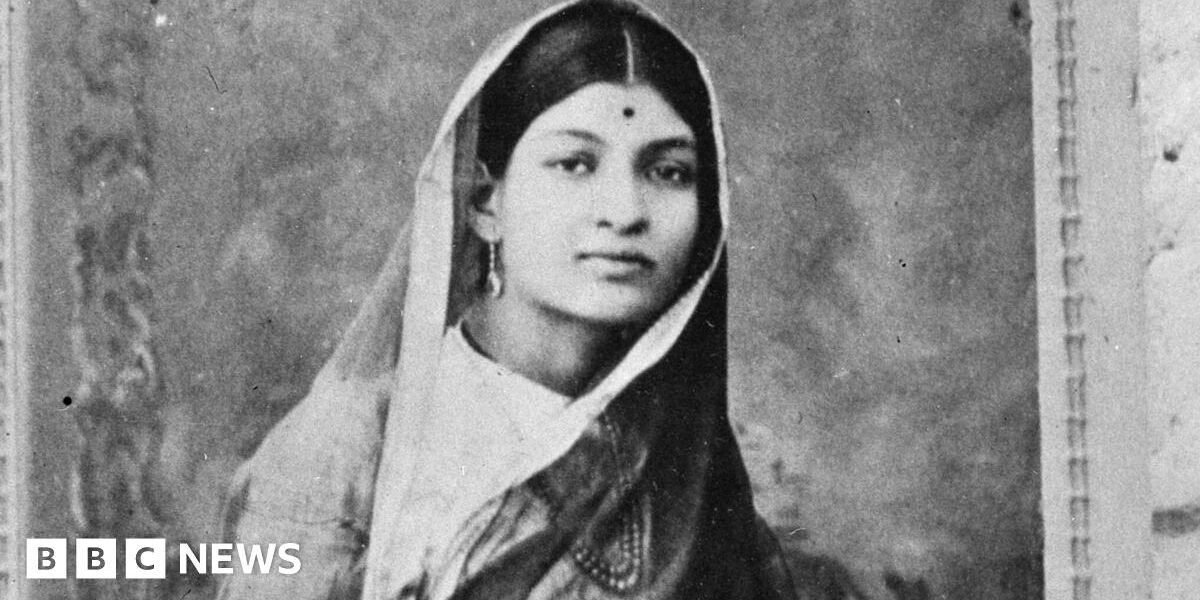In Indore, she gave birth to a baby girl, who died soon after.
“After my child was born, I was unwilling to stay at Indore. I was unwilling because the nurses killed the female child that was born,” Mumtaz Begum told the court.
Within months, she escaped to the northern Indian city of Amritsar, her mother’s place of birth, but troubles followed.
She was watched there too. Mumtaz Begum’s stepfather told the court that the Maharaja wept and begged her to return. But she refused and moved to Bombay, where the surveillance continued.
The trial confirmed what media had speculated following the murder: representatives of the Maharaja had indeed threatened Bawla with dire consequences if he continued to shelter Mumtaz Begum, but he had ignored the warnings.
Following a lead given by Shafi Ahmed, the only attacker captured at the scene, the Bombay police arrested seven men from Indore.
The investigation revealed links to the Maharaja that were hard to ignore. Most of the arrested men were employed by the Indore princely state, had applied for leave around the same time and were in Bombay at the time of the crime.
The murder put the British government in a tough spot. Though it happened in Bombay, the investigation clearly showed the plot was planned in Indore, which had strong ties to the British.
Terming it “the most awkward affair” for the British government, The New Statesman wrote that if it were a minor state, “there would be no particular cause for anxiety”.
“But Indore has been a powerful feudatory of the Raj,” it said.
The British government initially tried to keep mum about the murder’s Indore connection in public. But in private, it discussed the issue with much alarm, communication between the governments of Bombay and British India shows.
Bombay police commissioner Patrick Kelly told the British government that all evidence “points at present to a conspiracy hatched in Indore or by instigation from Indore to abduct Mumtaj [sic] through hired desperadoes”.
The government faced pressure from different sides. Bawla’s community of wealthy Memons, a Muslim community with roots in modern-day Gujarat, raised the issue with the government. His fellow municipal officials mourned his death, saying, “there surely must be something more behind the scene”.
Indian lawmakers demanded answers in the upper house of British India’s legislature and the case was even discussed in the British House of Commons.





